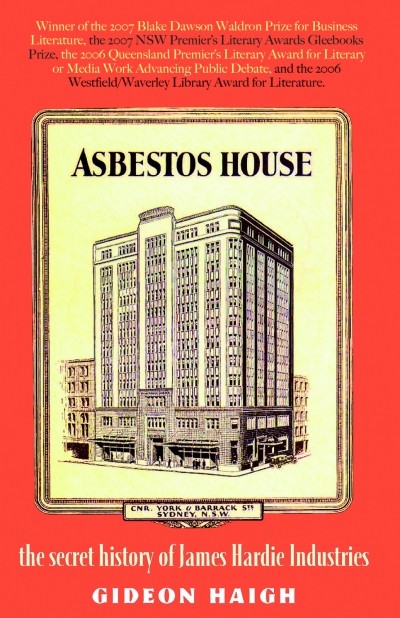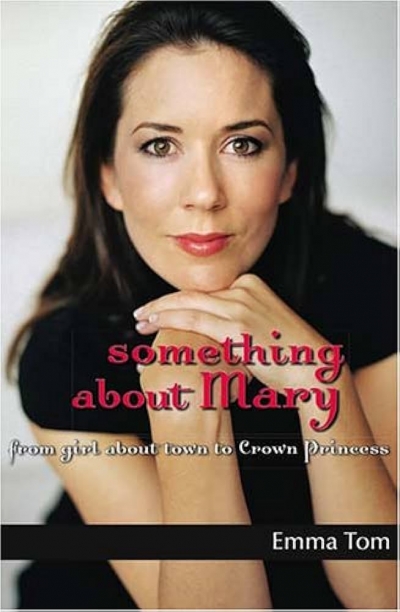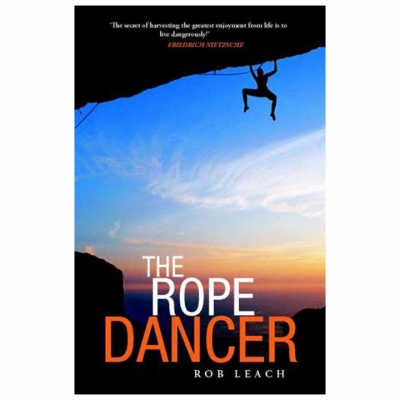Accessibility Tools
- Content scaling 100%
- Font size 100%
- Line height 100%
- Letter spacing 100%
Archive
The ABR Podcast
Released every Thursday, the ABR podcast features our finest reviews, poetry, fiction, interviews, and commentary.
Subscribe via iTunes, Stitcher, Google, or Spotify, or search for ‘The ABR Podcast’ on your favourite podcast app.
‘Where is Nancy?’ Paradoxes in the pursuit of freedom
by Marilyn Lake
This week on The ABR Podcast, Marilyn Lake reviews The Art of Power: My story as America’s first woman Speaker of the House by Nancy Pelosi. The Art of Power, explains Lake, tells how Pelosi, ‘a mother of five and a housewife from California’, became the first woman Speaker of the United States House of Representatives. Marilyn Lake is a Professorial Fellow at the University of Melbourne. Listen to Marilyn Lake’s ‘Where is Nancy?’ Paradoxes in the pursuit of freedom’, published in the November issue of ABR.
Recent episodes:
Brave New Workplace: How individual contracts are changing our jobs by David Peetz
Asbestos House: The secret history of James Hardie Industries by Gideon Haigh
… although my eyes were open
In ’68 I sported a Panic Button on my blazer –
pushed, it read ‘Things will get worse before
they get worse.’ After the assassinations, I threw
it away. On edge, we were now living on the edge.
... (read more)1
Some day maybe I’ll catch them.
Across the quivering lake they float,
a trio of indistinct shapes,
but they are swans,
that much I know.
... (read more)The future of the Australian picture book would appear to be in very good hands. The most recently published writers include familiar names such as authors Hazel Edwards, Margaret Wild and Gary Crew, and author–illustrators Deborah Niland and Roland Harvey. What makes the latest offerings stand out, however, is the plethora of new and emerging authors and illustrators who are venturing into this genre. Such a combination of experienced and innovative approaches can only be good for Australian children’s literature.
... (read more)







